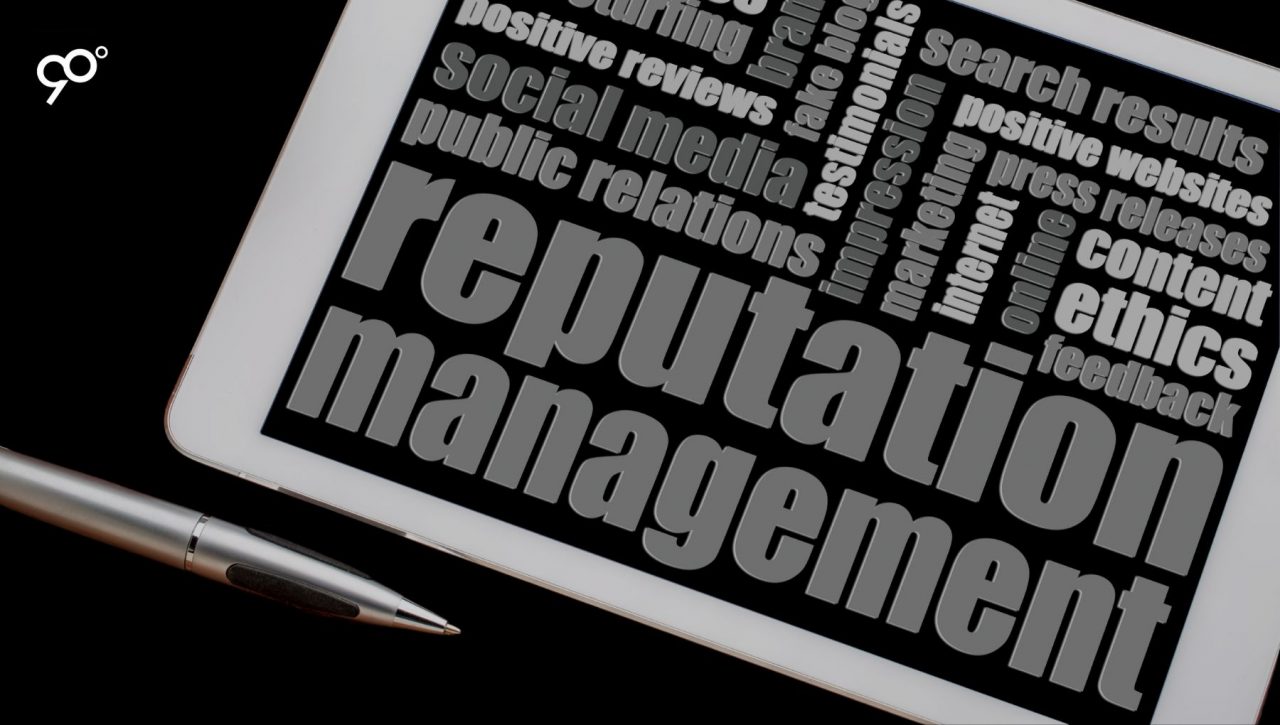
In the Philippines, where politics is often personal and public perception changes quickly, reputation management is critical for political leaders. With a fast-moving media landscape, active citizen journalism, and a strong social media presence among Filipinos, a leader’s reputation can rise or fall overnight. Managing that reputation is not just about spin — it’s about authenticity, trust, and consistent engagement with the people.
Why Reputation Matters in Philippine Politics
Filipinos are known for their strong political opinions and loyalty — but also for shifting support when trust is broken. A leader’s reputation in the Philippines goes beyond official duties; it is tied to personal character, family background, and public service record. A solid reputation can shield a leader from controversies, while a damaged reputation can lead to widespread criticism and political isolation.
Key Strategies for Political Reputation Management in the Philippines
1. Authentic and Relatable Communication
Filipino voters value sincerity and humility. Political leaders who speak the local dialects, share personal stories, and show empathy for ordinary citizens often win public favor. Regular “kumustahan” visits, town hall meetings, and being present in times of crisis resonate deeply.
2. Quick and Transparent Crisis Response
In a country where news spreads rapidly on social media, silence during a crisis is often seen as guilt. Swift statements, visible action, and follow-through are essential. Whether it’s a natural disaster, corruption allegation, or public health issue, the Filipino public expects leaders to show concern and concrete action.
3. Maintaining Strong Media Relations
The Philippines has a vibrant media landscape. Building good relationships with journalists and media organizations allows leaders to tell their side of the story and manage narratives before they spiral. Transparency in press briefings and openness to interviews can enhance credibility.
4. Smart Social Media Engagement
The Philippines is one of the most active social media countries in the world. Political leaders need to manage their social media presence carefully — engaging with followers, responding to criticism gracefully, and being cautious with messaging. Social media missteps can quickly become viral controversies.
5. Monitoring Public Sentiment and Grassroots Feedback
Listening to what Filipinos are saying — from barangay leaders to ordinary netizens — is critical. Regular feedback from the ground allows leaders to adjust policies, messaging, and actions before small issues turn into public uproar.
In the Philippines, reputation management is not about hiding flaws — it’s about addressing them head-on with integrity and a clear vision. Political leaders who understand the pulse of the Filipino people, communicate sincerely, and stay grounded in service will not only protect their reputation but will also build lasting legacies that future generations will respect.
Follow Ninety Degrees PR Solutions on LinkedIn for more public relations and communication related articles.







